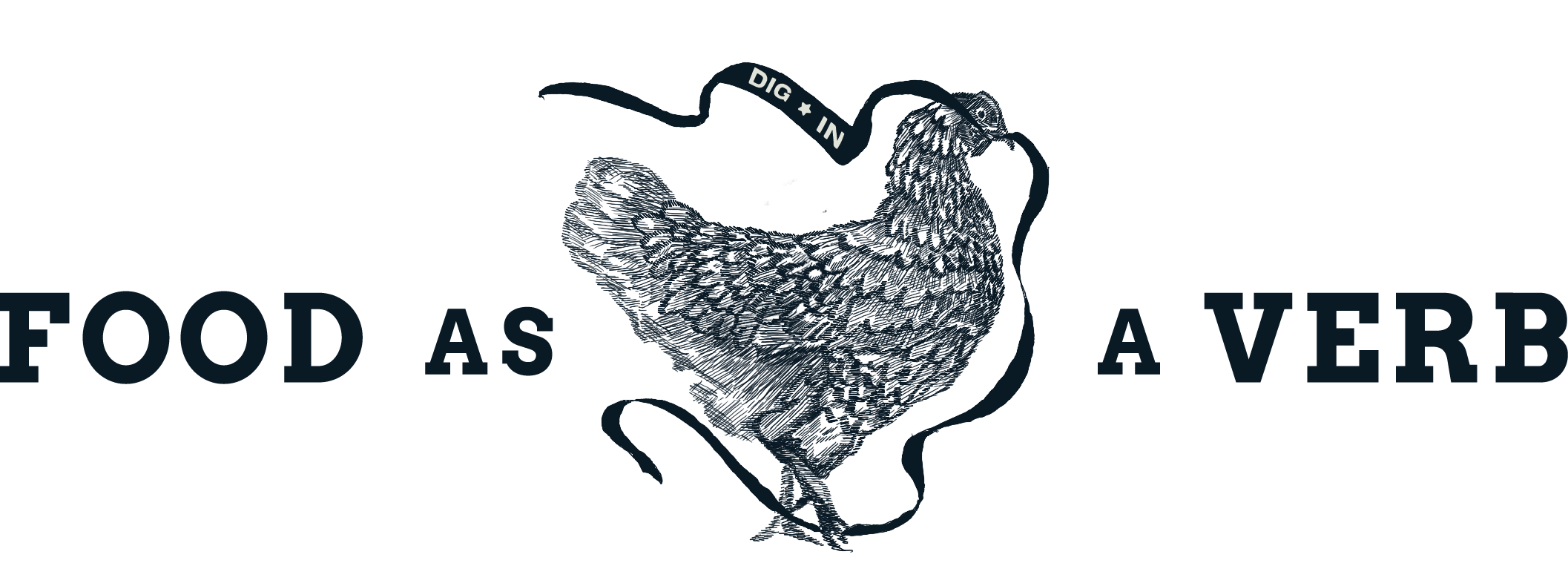Aristotle is hungry: a farmers' market dilemma
"You Kant take them all!"
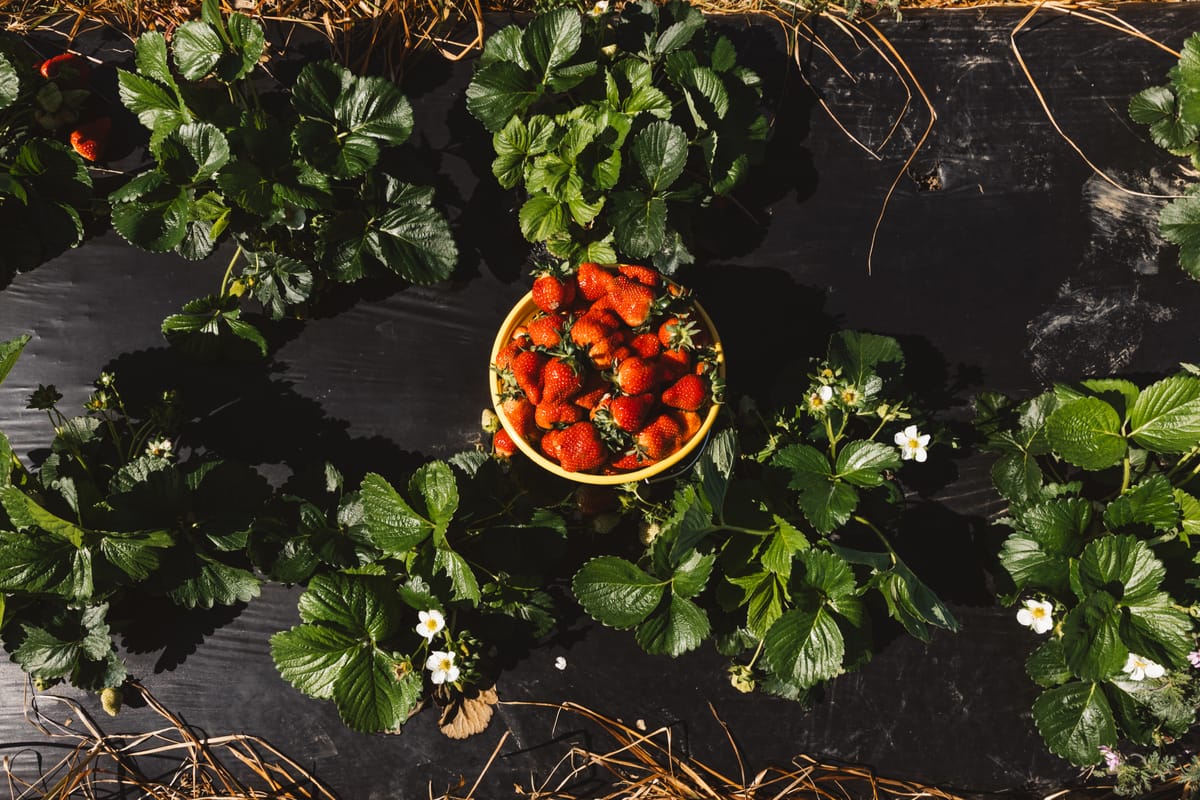
"You Kant take them all!"
So, you're standing in line at the farmers' market, having arrived there way early – 30 minutes early – for one reason: fresh strawberries, which always sell out.
You're second in line. Chatting with the farmer, you hear him say: tough year for strawberries so far. Won't have that many today.
Then, you watch him unload his stock: 10 quarts of strawberries. That's all for today. Just 10 quarts.
Behind you, the line is growing quite long – at least a dozen people, maybe more, longer than any other line at the market. It's a safe assumption: everyone is here for the same reason as you. Strawberries.
The market finally begins. The person in front of you buys five quarts, leaving five.
It's your turn. How many do you buy?
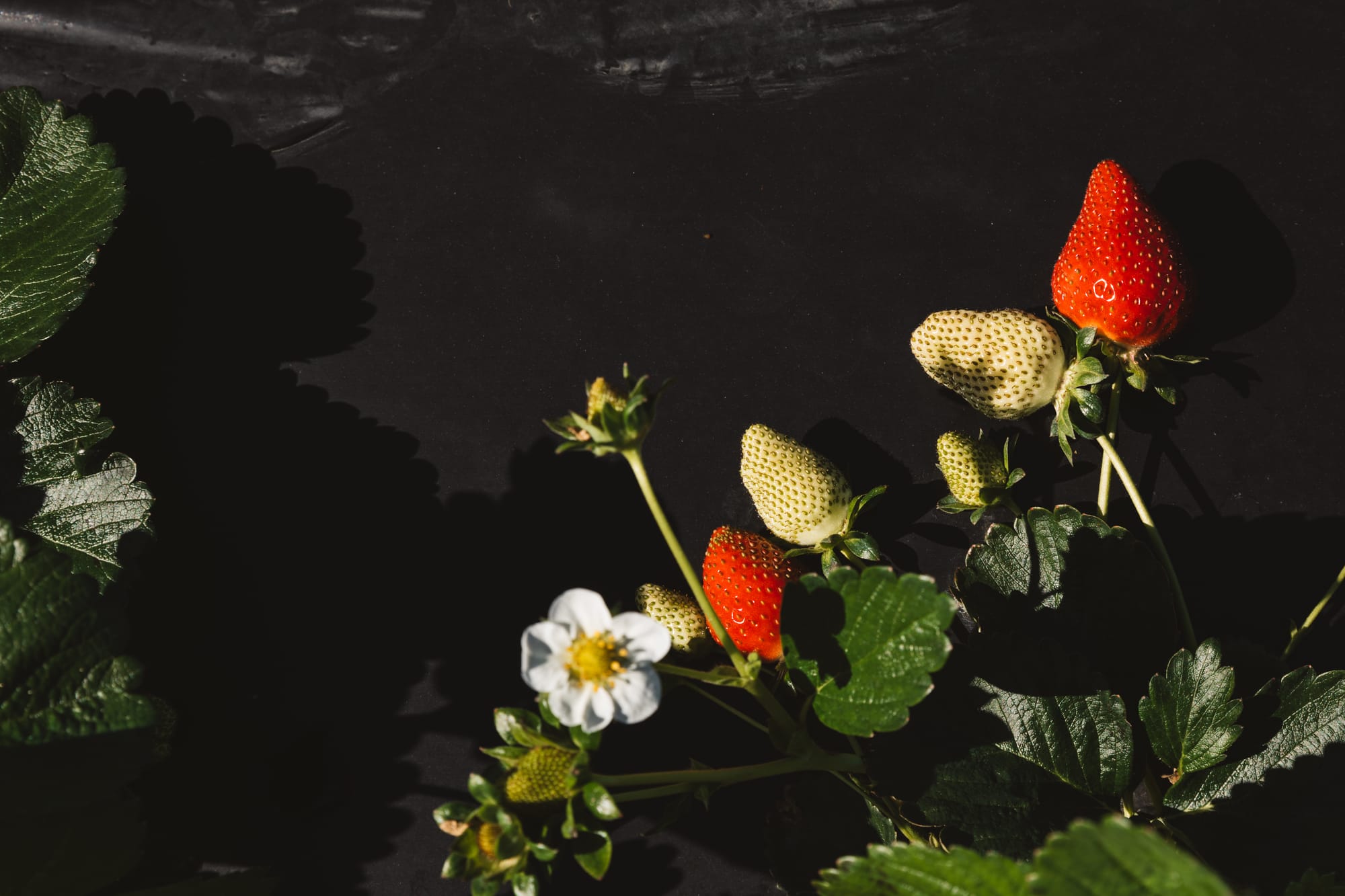
You want to buy all five quarts. Or, at least four. You can eat them, freeze the rest. If you buy five, that leaves zero. And there are a dozen people in line behind you.
What's the ethical thing to do?
After all, you arranged your schedule to get here early. Been standing in the hot sun for 30 minutes. Don't you deserve to take as many quarts as you want?
"Yes," one friend said. "Take them all if you want. That's market capitalism."
"No," said another. "There are people in line behind you. Think of them. Plus, wouldn't you feel bad?"
"That's co-dependent," said a third. "Why should I adjust my behavior just to avoid hurting the feelings of someone else?"
This little market-dilemma happens throughout the growing season, not just with strawberries. Blueberries, figs, watermelons, the first carrots of the season, cauliflower, asparagus, especially purple varieties – they're often scarce, often in high demand.
Should we then buy all the strawberries? (Or figs? Or blueberries?) Or, limit our consumption in order to share with others?
Needing help, I turned to an expert.
"What a delight to be asked," said Dr. Talia Welsh.
Welsh heads Univ. of Tennessee-Chattanooga's Philosophy and Religion Department. Like a good educator, she quickly boiled this down to one core question:
"What kind of person do you want to be in life?" she said.
Ethics gives a framework for behavior and decision-making. Here in the strawberry line, we are torn between several competing values, desires and beliefs. What characteristics do we want to embody?
"Cultivate those characteristics and break the habits that lead you to temptation and then the good will come naturally," said Welsh, UTC's Director of Integrated Studies and a UTAA Distinguished Service Professor.
Welsh imagined several philosophers were in the strawberry line with us. What would they do?
- Aristotle
"You have become through cultivation the kind of person who is generous. You would do what comes naturally to a generous person, you would take only buy one," Welsh said.
- John Stuart Mill
"You would think about what would make for the greatest number of people to have the greatest happiness. If you could determine, for instance, if there was someone who was very hungry, their happiness would weigh more than yours. If you just have to make a snap decision, you would probably would realize the most happiness would come from letting everyone have some strawberries, but no one to have all of them," Welsh said.
- Immanuel Kant
"You never treat people as a means, but an end. Thus, the other people's hunger would be relevant," she said.
- Henry Sidgwick:
"You take all the strawberries because you will have personal pleasure from them," she said.
Of course, much of this dilemma is solved by market farmers, some of whom set limits. Only three per customer, for example. Makes sense. If you want as many folks as possible to taste and enjoy your product, limiting is prudent economic practice.
Then again, other farmers place no limits. Take what you want. Take them all. The lack increases demand. Maybe next week, more people show up early.
There is no right or wrong here. Just a question: how many strawberries would you buy?
"Personally, I've always been quite sympathetic to virtue ethics, that is Aristotle's approach," Welsh said. "It isn't a great way to found laws, but I think a good way to live everyday."

Food as a Verb thanks its newest sponsor, Pruett's Market, for its generous support.
Since 1953, when AC Pruett began selling cabbage out of his truck bed, the Pruett family has been serving Chattanooga's food landscape. Currently, Pruett's Market on Signal Mountain offers a gorgeous grocery store complete with organic and local options balanced with a small-town market atmosphere.
We're thrilled to announce our newest sustaining partner: Pruett's Market. We're deeply honored to have the Pruett name alongside ours.
(Interested in sponsorship opportunities? Contact david@foodasaverb.com or sarah@foodasaverb.com)
- Our friends at UT Ag-Extension are inviting the community to join a wonderful program: an urban container garden variety trial.
"Join us in some citizen science research by participating in the (free) urban container garden variety trials!" announced Haley Richardson Treadway, Hamilton County's Ag Extension Agent. "We are seeking people with very little to no gardening experience. For 2024, we’re experimenting with peppers and strawberries. All plant materials and supplies will be provided and all we ask in return is data outlining if your plants thrived, died or just survived."
"The kick off date to pick up materials and learn is May 4th at 1:30 at the UT/TSU Extension Hamilton County office. Your participation will provide data to support research for Purdue University, the University of Tennessee, Iowa State University, and North Carolina State University. Registration deadline is April 26th, click here to join."
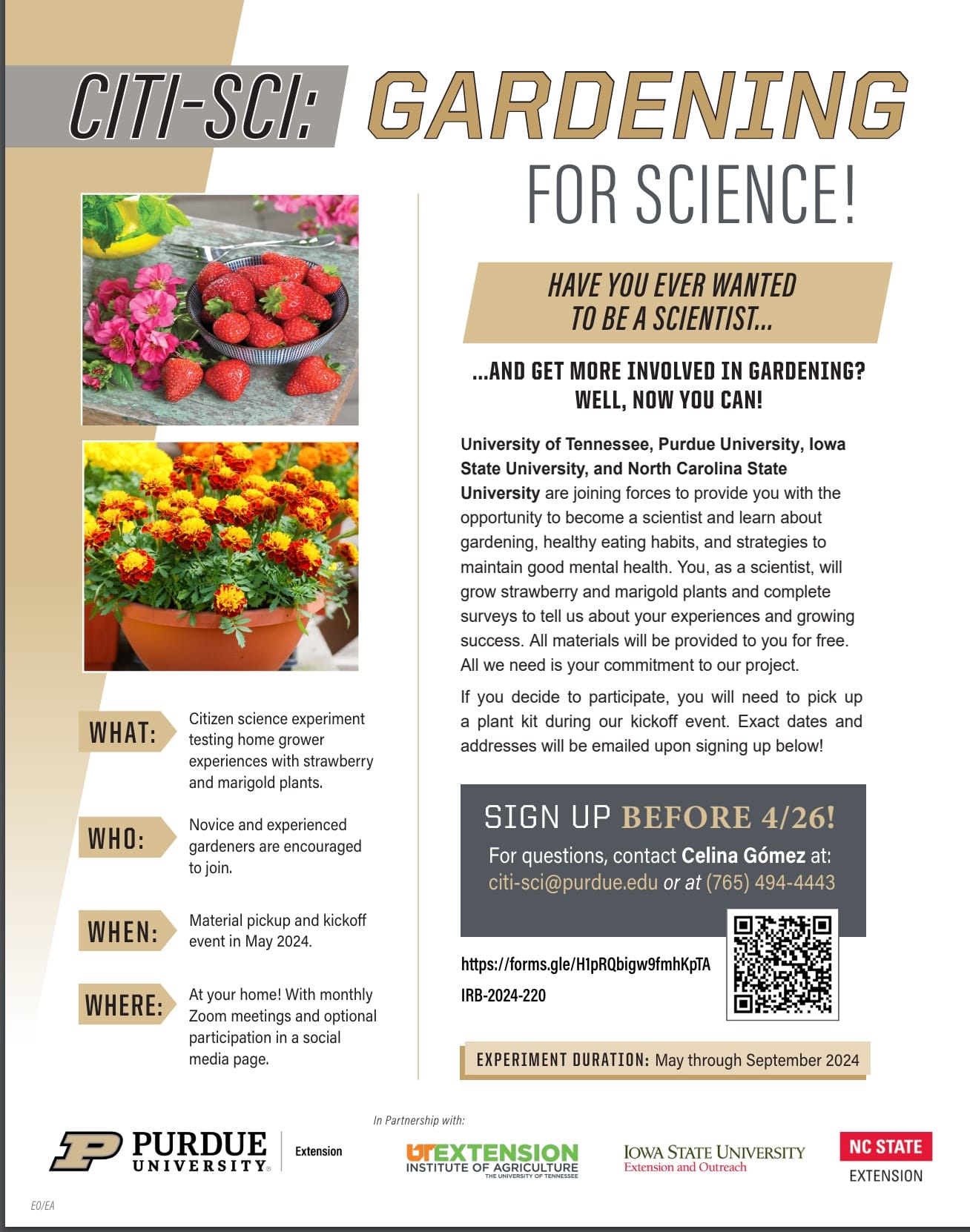
- Finally, Food as a Verb wishes a happy birthday to Bev Fazio, one of the city's finest growers, who turns 78 today.
The daughter of south Georgia farmers, she's been growing things her whole life. One memory: returning home with her dad hauling a truck bed full of corn ... and shucking it all as a little girl.
"I swore I'd never plant anything else when I left home," she said. "But then, when we got married, there was a little strip of ground outside, and in went a tomato."
That was 53 years ago.
She and husband Bob moved to Chattanooga and planted a backyard garden that was the envy of the neighborhood. One secret? They'd travel back to the south Georgia family farm for a load of mule manure as fertilizer. Bingo. The greenest, lushest garden around.
With Bob, she grew a marriage and family: three children, five grandchildren and a wide community of friends and fans. At their Hixson home, she planted more than 100 blueberry bushes. For years, her greenhouse offered 100s of plants for dozens of friends and neighbors.
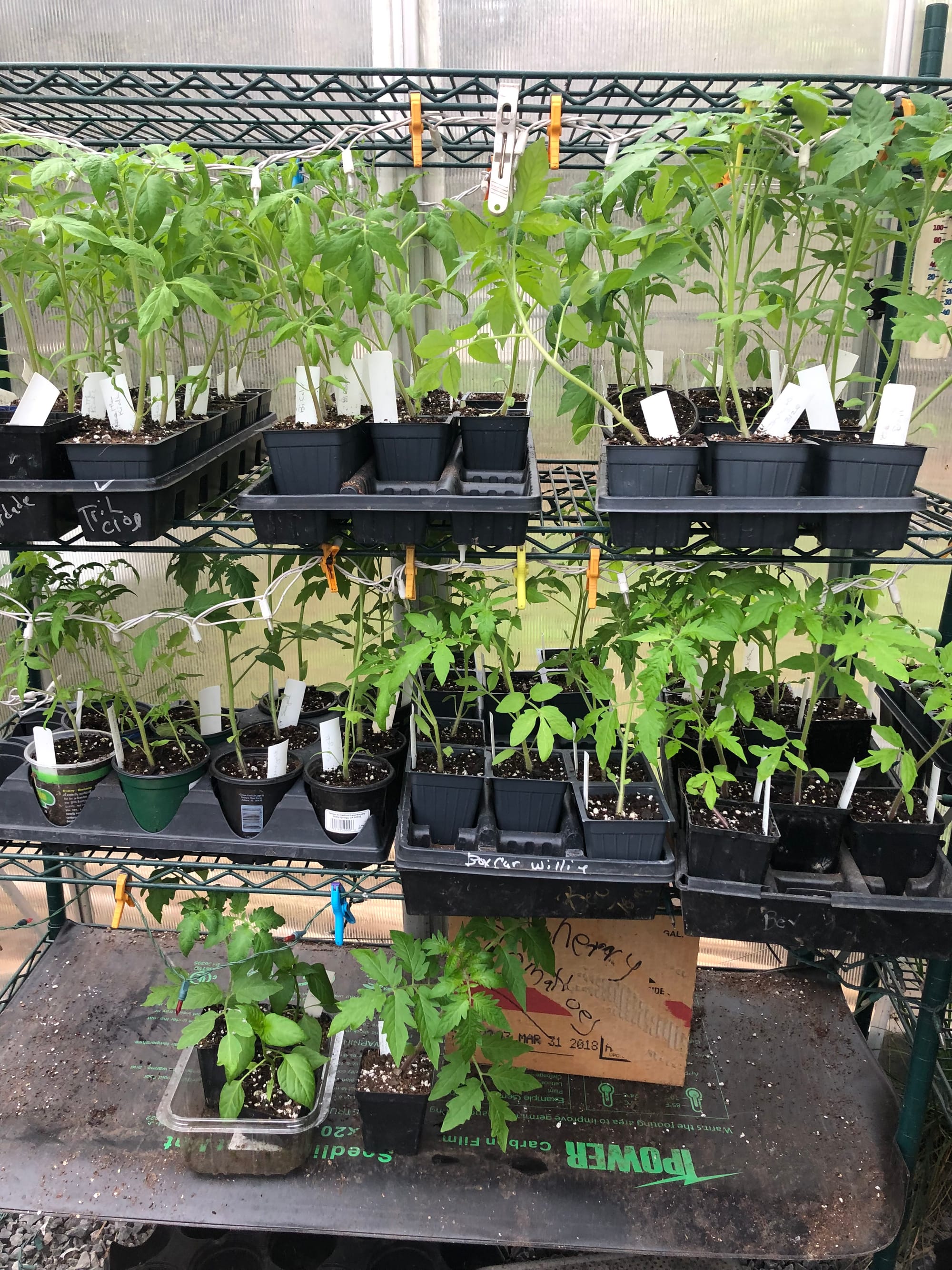
Over the years, Fazio has generously mentored and befriended other gardeners and farmers, creating this beautifully long history of green-thumb kindness. How many plants has she helped grow? How much encouragement has she offered others? You can't measure it.
"We just bought our farm and were having trouble with birds getting our blueberries," said Jessie Gantt-Temple of Feathers & Fruit. "Our friend connected me with 'Blueberry Bev' who had over 80 bushes and had been growing at her place for over two decades."
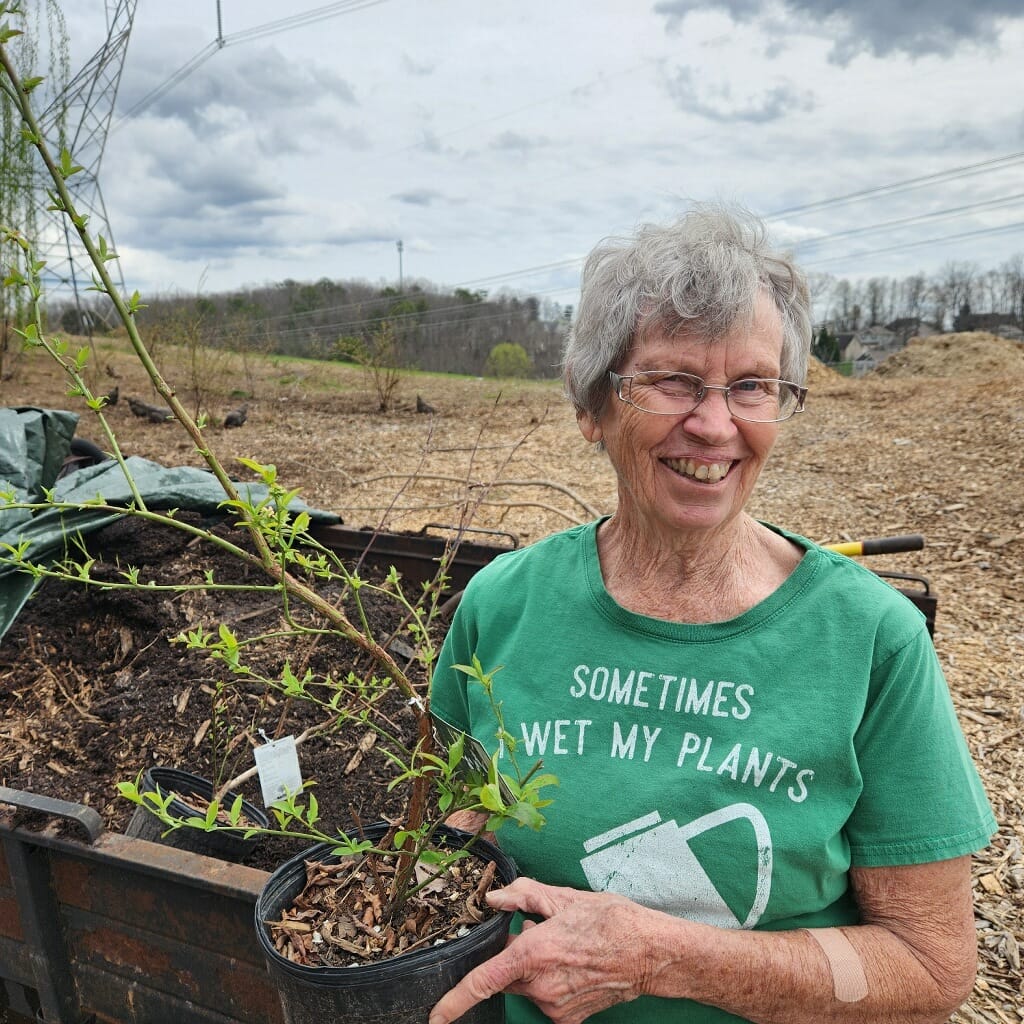
"What a connection it became," Gantt-Temple said. "Bev taught me how to can and so much about growing plants, family and the strength to be an amazing older woman."
Gantt-Temple even daydreams about creating a new t-shirt design for Fazio.
Bev There, Done That.
"She has done it all and is willing to share what she's learned," she said.
I stopped by the Fazio place last weekend and left carrying tray-loads of tomato, pepper and marigold plants, all gifts from a woman who's been growing good things – and helping others do the same – her whole life. So much of my own love of soil, growing and agriculture can be traced back to her family's influence.
Happy birthday, Bev. Thanks for helping grow the good parts of so many of us.
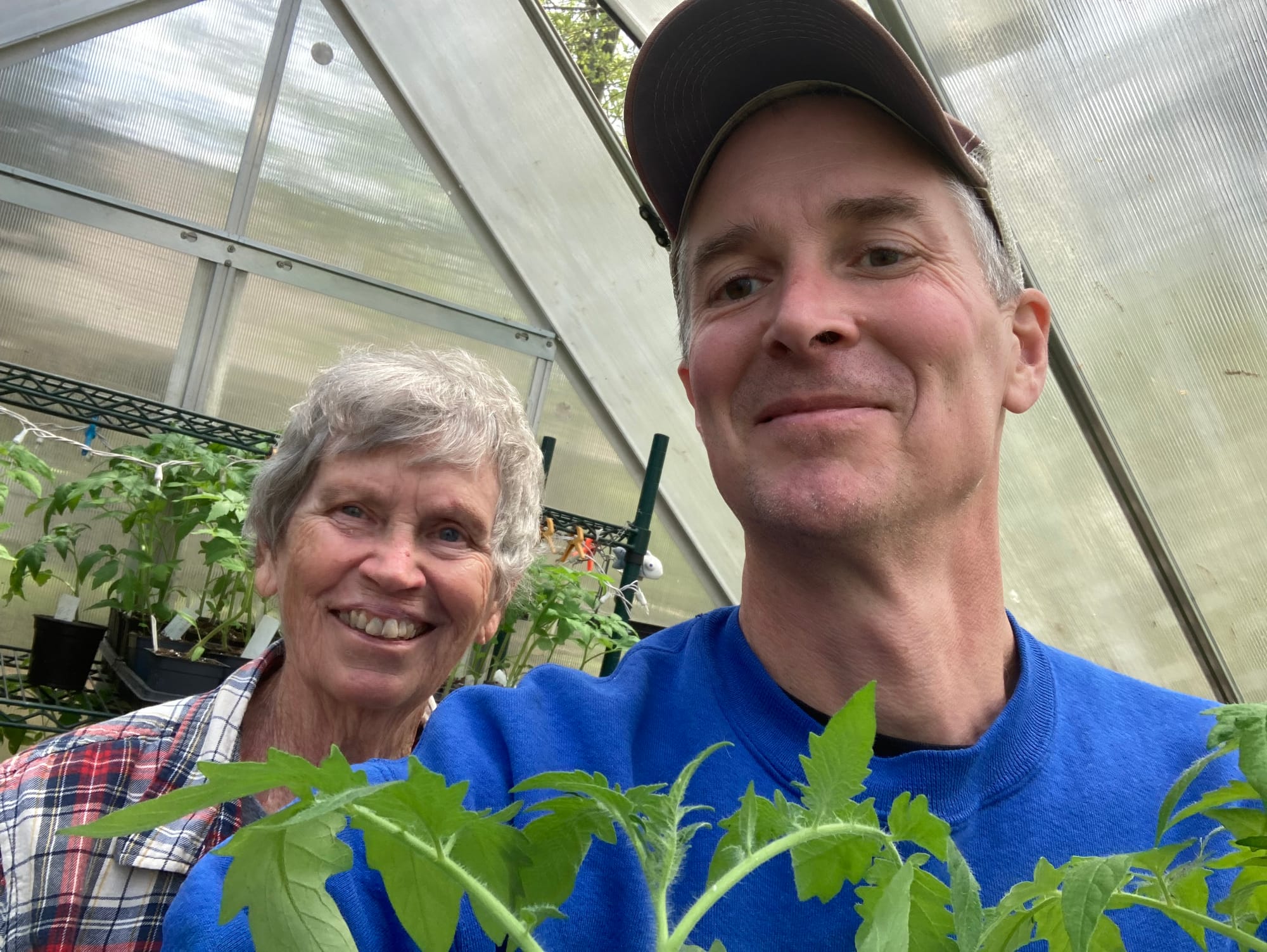
All photography by Sarah Unger (sarah@foodasaverb.com)
All design by Alex DeHart
All words by David Cook (david@foodasaverb.com)
Story ideas, questions, feedback? Interested in sponsorship or advertising opportunities? Email us: david@foodasaverb.com and sarah@foodasaverb.com.
This story is 100% human generated; no AI chatbot was used in the creation of this content.
Food as a Verb thanks our sustaining partners for their generous support.

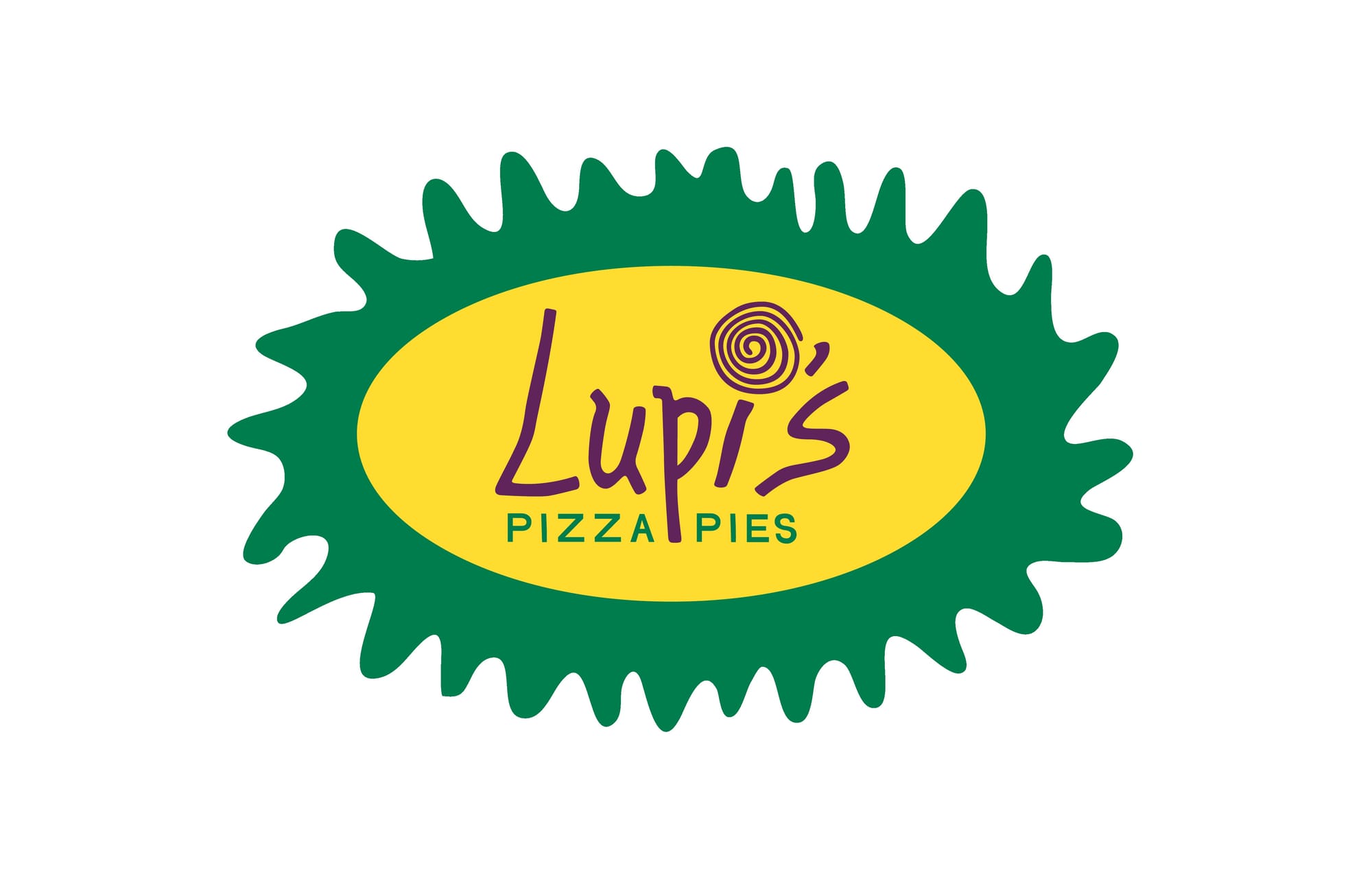
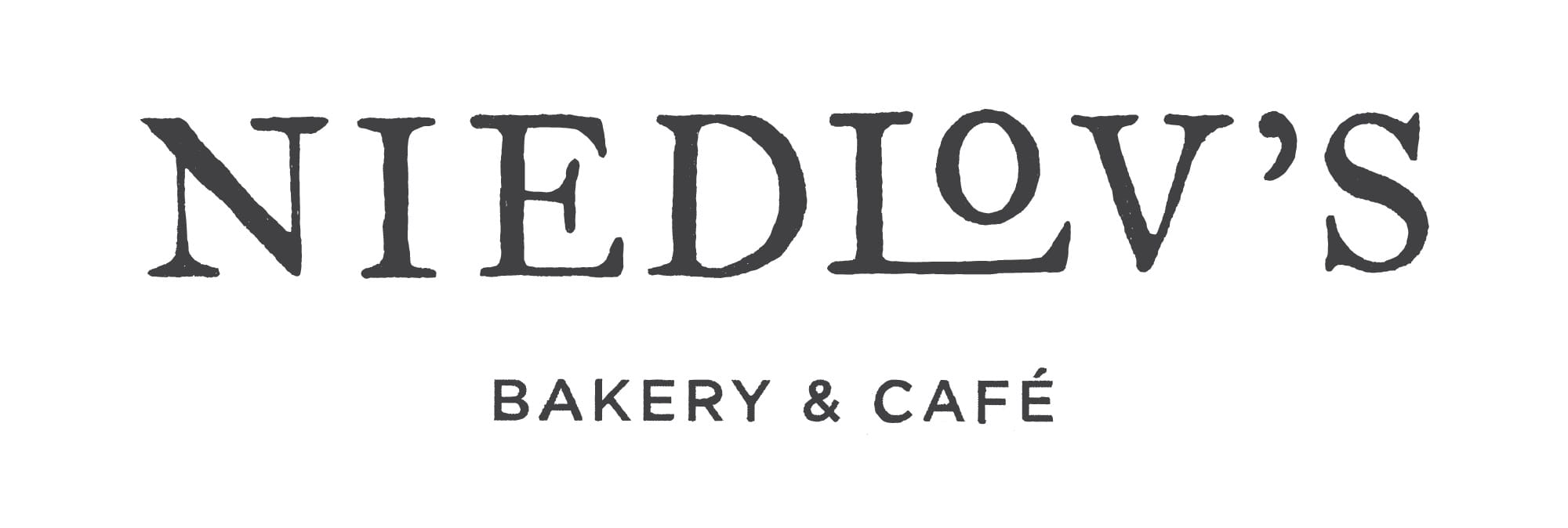


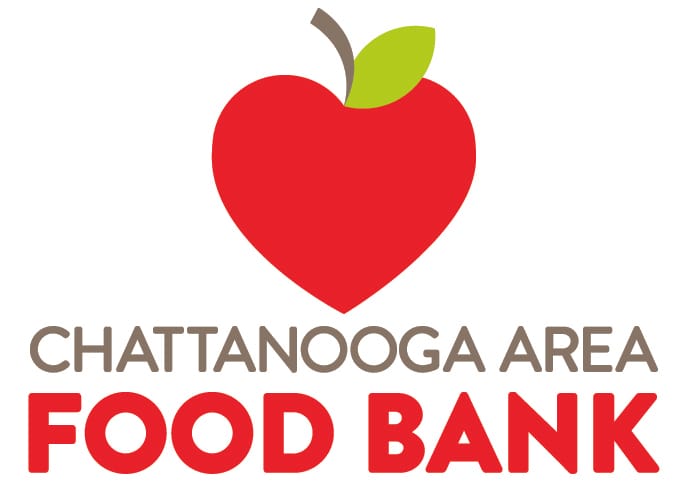

Tucker Build offers Chattanooga a commercial construction firm made up of design-build experts specializing in the planning, building and managing process. For more than 25 years, Lupi's has served locally-sourced, creatively made and award-winningly delicious pizza pies from five nearby locations. Niedlov's Bakery & Cafe, a Main St. anchor, has elevated our city's bakery experience to beautiful levels while strengthening community in immeasurable ways. Thanks to two-time James-Beard nominee Erik Niel, Easy Bistro & Bar offers unparalleled and deeply thoughtful dining in the heart of West Village. Female-and-locally owned, Divine Goods offers beautifully curated gifts for every occasion. Be divine and send someone special a Divine Goods gift - locally sourced when possible, and always thoughtful. The Chattanooga Area Food Bank believes that no one should go hungry, and through our network of over 250 hunger-relief partners, we provide equitable access to food and resources to end hunger today and build pathways for a healthy, hunger-free future tomorrow. Society of Work is a shared coworking space designed with business flexibility in mind and the resources to help like-minded people connect and create amazing things together. From private offices to 24/7 coworking memberships, we provide the space you need to get work done.
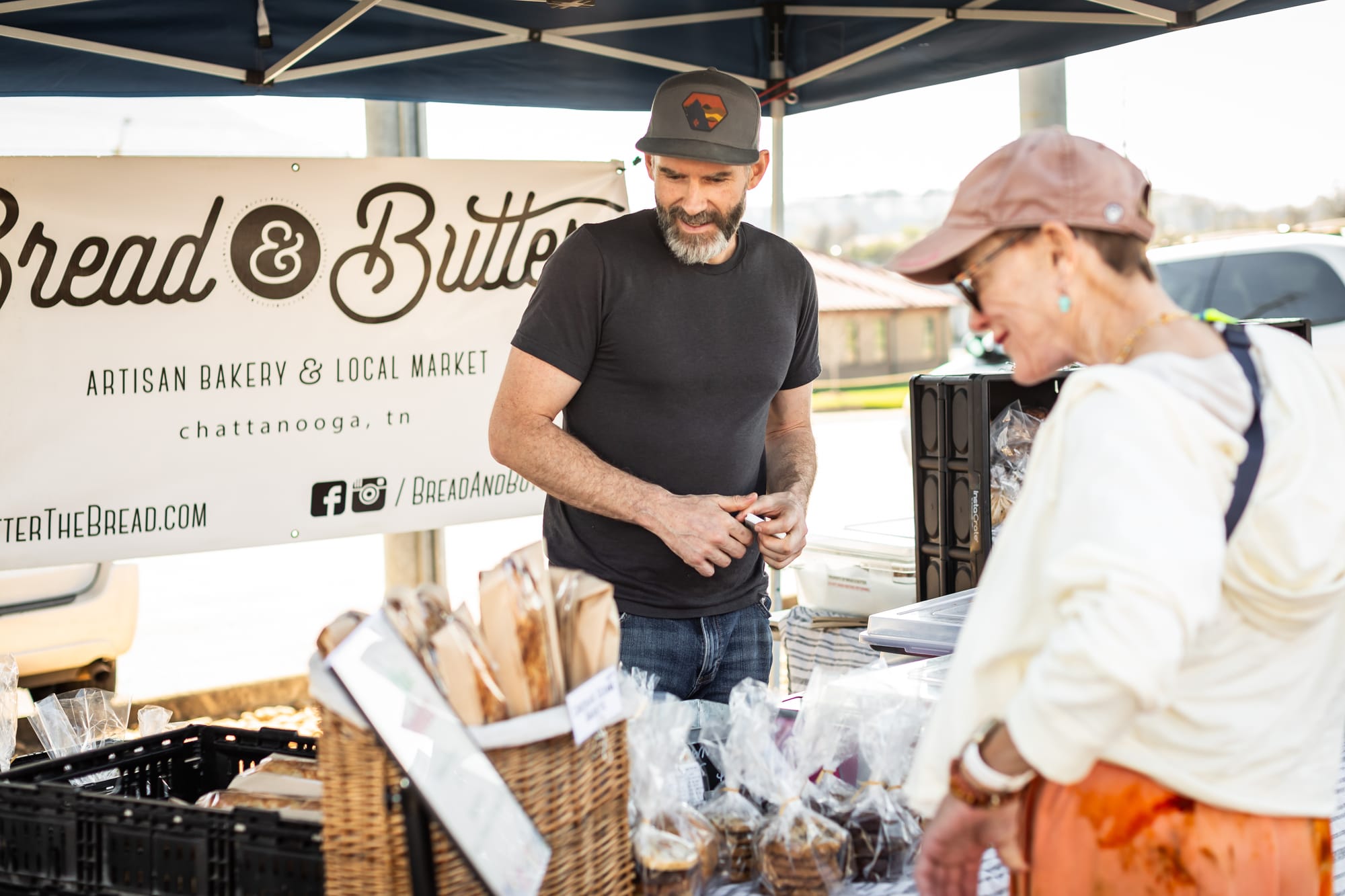
Regional Farmers' Markets
Regional Farmers' Markets
- Main St. Farmers' Market
Corner of W. 20th and Chestnut St., near Finley Stadium
Wednesday, 4 - 6pm
- Brainerd Farmers' Market
Grace Episcopal Church, 20 Belvoir Ave, Chattanooga, TN
Saturday, 10am - noon
- Chattanooga Market
1820 Carter Street, Sunday, 11am - 4pm
- Fresh Mess Market
Harton Park, Monteagle, TN. (Rain location: Monteagle Fire Hall.)
Every Thursday, 3pm - 6pm, beg. June 6 - Oct. 3
- Ooltewah Farmers' Market
The Ooltewah Nursery, Thursday, 3 - 6pm
Pre-order online for Thursday pick-up between 4 - 6pm at Bachman Community Center
- South Cumberland Farmers’ Market
Sewanee Community Center (behind the Sewanee Market on Ball Park Rd.) Tuesdays from 4:15 to 6:00 p.m. (central.) Order online by Monday 10 am (central.)
- St. Albans Farmers' Market
7514 Hixson Pike, Saturday, 9.30am - 12.30pm with a free pancake breakfast every third Saturday
- Walker County Farmers' Market
Wednesday, 2 - 5 pm, Rock Spring Ag. Center
Saturday, 9 am - 1 pm, downtown Lafayette, Georgia
To include your farmers market, email david@foodasaverb.com
